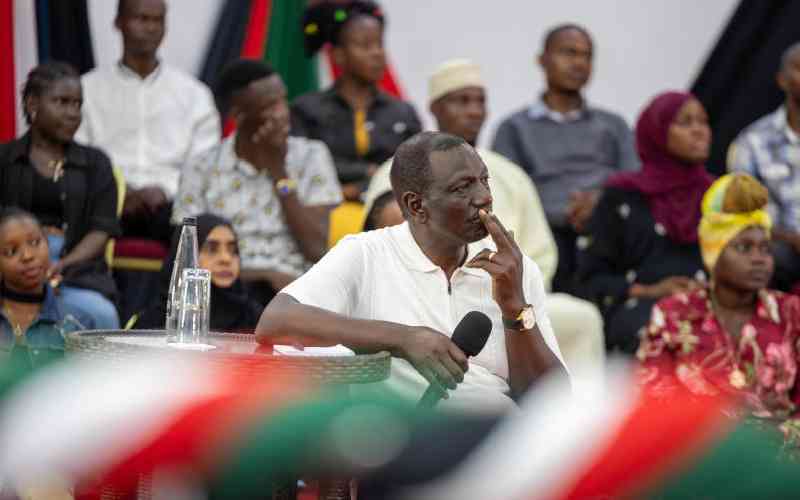
Audio By Vocalize

The back and forth witnessed in the past three months over the new university funding model is just a tip of challenges in the education sector, two years after President William Ruto took office. Adoption of the new model has sparked student protests and attracted public criticism.
And now, the opposition has roped in university staff who have openly opposed the student financing formula despite President William Ruto touting the model as the panacea to the university funding crisis.